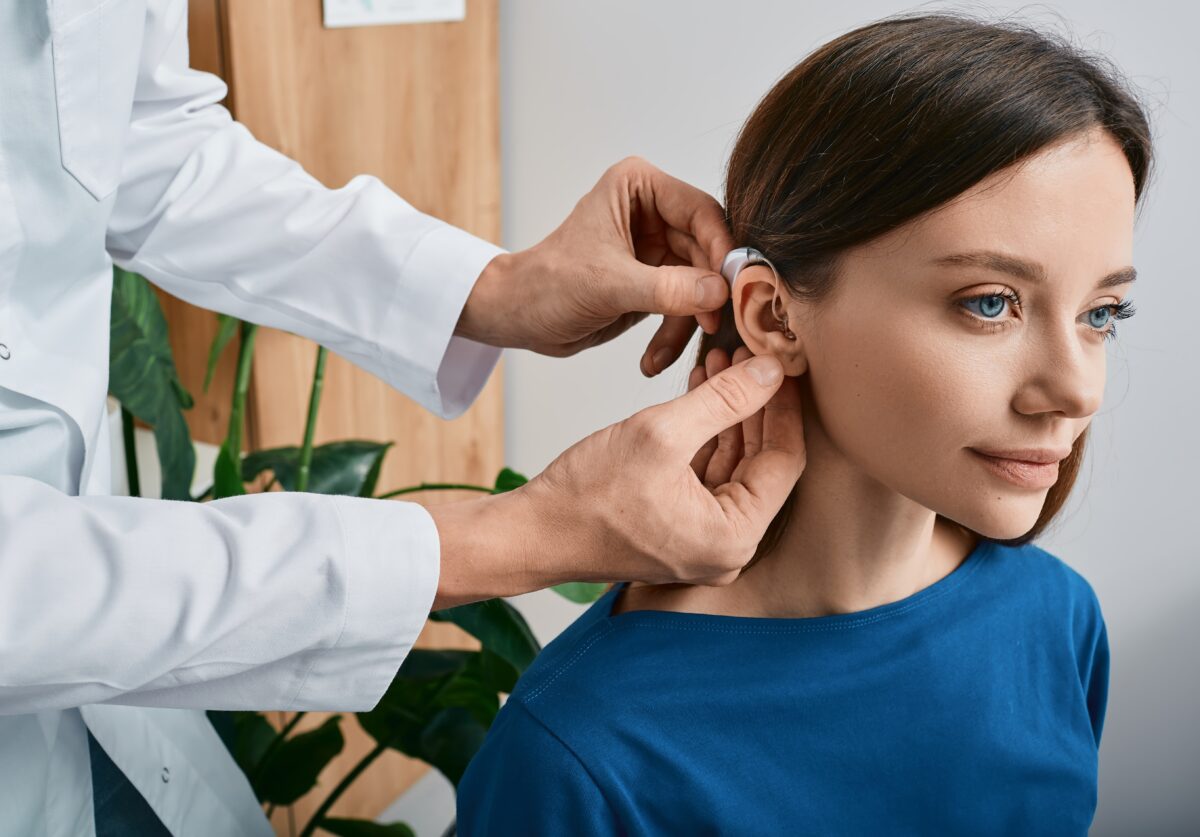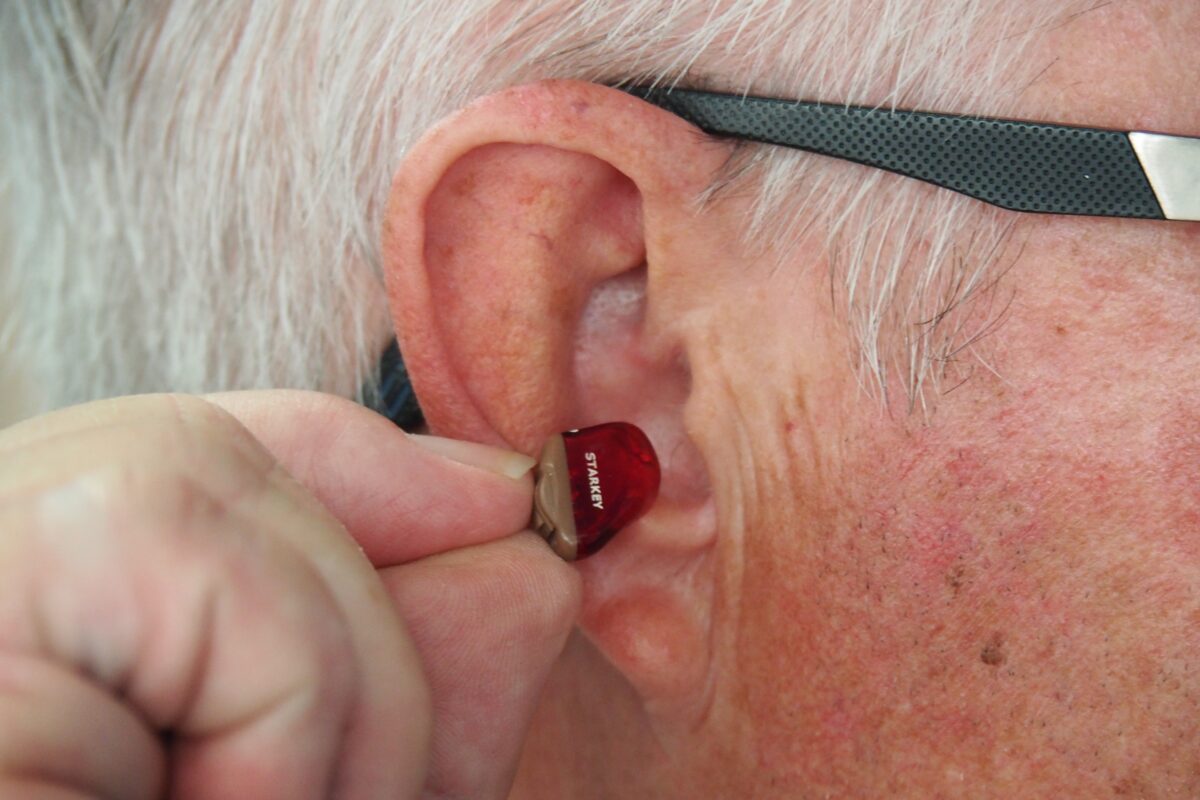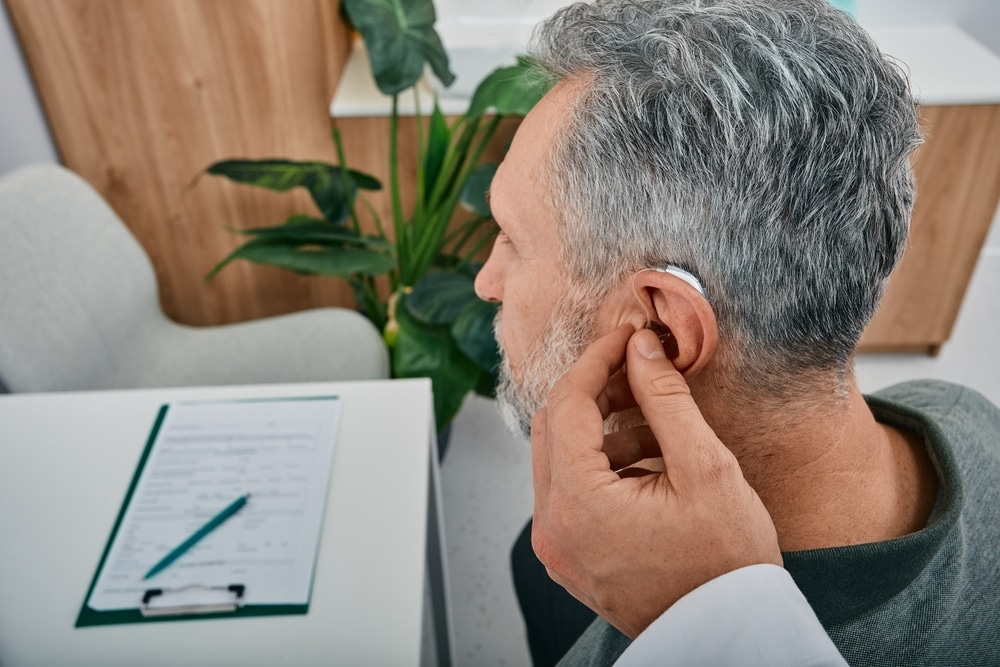How to choose a qualified hearing specialist is a question we get all the time at Hearing Doctors of New Jersey. Before choosing an audiologist, there are a few questions you’ll want to ask and information you’ll want to know to ensure you are getting the best treatment possible. Having the following information under your belt can help you understand why you need to choose a specialist and how to choose one you trust with your hearing loss treatment.
What To Know Before Choosing A Hearing Specialist
To ensure you get the best treatment and feel as comfortable as possible when going to your appointments, there are a few things you’ll want to know before choosing a hearing specialist.
Specialists
Hearing healthcare consists of both audiologists and hearing instrument specialists. Both work toward the same goal of helping people to hear better, but they are two completely different roles. An audiologist is clinically trained and goes through four years of school so they can provide accurate and thorough diagnostic evaluations and build comprehensive treatment programs. Hearing instrument specialists, on the other hand, are trained professionals who are only allowed to sell and dispense hearing aids. A specialist will ensure you get the most comprehensive treatment.
Medical Or Sales Office
When looking for a hearing specialist, make sure they are working out of a medical office and not just a sales office. With a sales office, you will not get a full diagnosis, and they may be more interested in selling you a hearing device rather than addressing your hearing loss.
When researching hearing specialists, ask about credentials and medical affiliations to ensure they have the experience and expertise necessary to help you.
If you find a hearing care provider with great credentials and a comfortable medical office, you’ve likely found someone who understands the importance of treating your hearing and your overall health.
Brain First
While many people may think hearing and hearing loss are only about the ears, that isn’t completely true. Hearing is also connected to your brain function as well. The neuroscience behind modern treatments is focused on the brain, cognition, and the comorbidities (having two or more medical conditions) that can occur with untreated hearing loss.
If you go to a specialist and they focus on hearing only, you likely won’t end up with the right solution for you. You want a specialist that looks at your hearing and your brain and comes up with a treatment plan that restores clarity, provides filters for noisy backgrounds, and has a soft-speech enhancer. With these features, your brain doesn’t have to work as hard to hear and understand the sounds around you.
Free Offers or Guarantees?
Have you ever seen a doctor who offers a free hip replacement? Probably not. If they did, most people would not consider them trustworthy. So why do some hearing healthcare offices offer “free consultations” to get people in the door? If a hearing specialist is offering a free consultation or a big discount, they are likely trying to sell you something versus wanting to address your health.
If they offer guarantees, make sure you ask exactly what those guarantees are and what will happen if you are not satisfied with your results or the hearing treatment plan you receive.
Latest Technology
Audiology is always innovating. The hearing aids of today are significantly more advanced than what you might have seen in the past. Computer-designed devices and wireless technologies dramatically increase the precision of the hearing aid and the clarity of the results. They also are much more discreet than they used to be.
Before you go with a hearing specialist, make sure they offer the latest hearing technology. If they don’t, you may want to choose another practice.
Reputation
Do your research before meeting with a hearing specialist. What are their online reviews like? Are past patients happy? Or have there been issues? Enough stress can come with going in for a hearing appointment and receiving treatment. Try to lower some of that stress by knowing what other people are saying about your audiologist. Our practice, Hearing Doctors of New Jersey, is currently top-rated. Check for yourself!
Are You Comfortable?
Don’t underestimate how important comfort is. You should be comfortable with your hearing specialist, the staff, and the office environment. If you aren’t comfortable, you’re unlikely to ask questions or talk about your concerns. At Hearing Doctors of New Jersey, we want all our patients to be comfortable and to feel special.
Schedule A Consultation
Are you struggling with hearing loss? No matter how mild or severe, now is the perfect time to see an audiologist and receive a comprehensive hearing treatment plan. Take the first step and schedule a consultation with us at Hearing Doctors of New Jersey today! Call our Livingston, NJ office at 973-577-4100 or use our online scheduling tool. We can’t wait to help!









